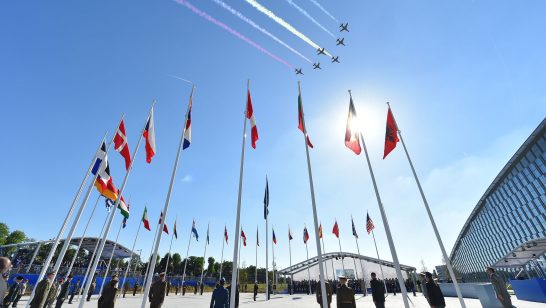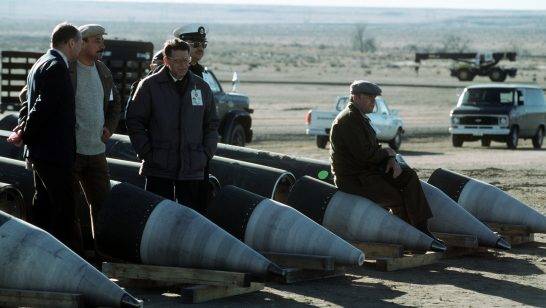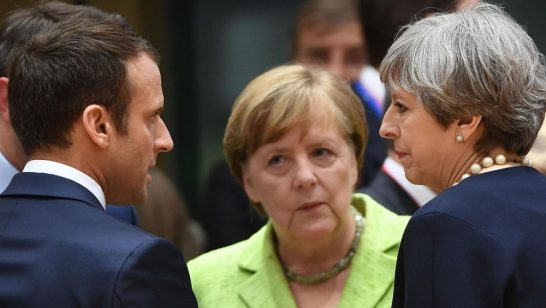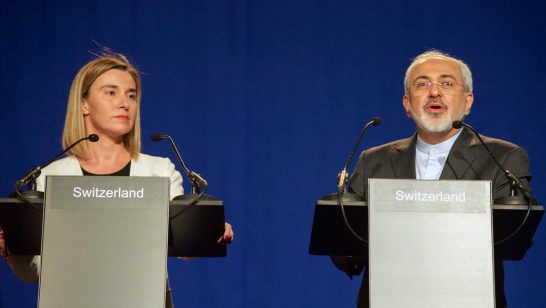
Living in (Digital) Denial: Russia’s Approach to Cyber Deterrence
Last week’s Helsinki Summit has brought renewed focus to Russian actions in cyberspace. In a new report, ELN Research Associate Joss Meakins explores Russia’s conflicted approach to cyber deterrence and proposes new ways to create a more stable Russia-West cyber deterrence relationship.








